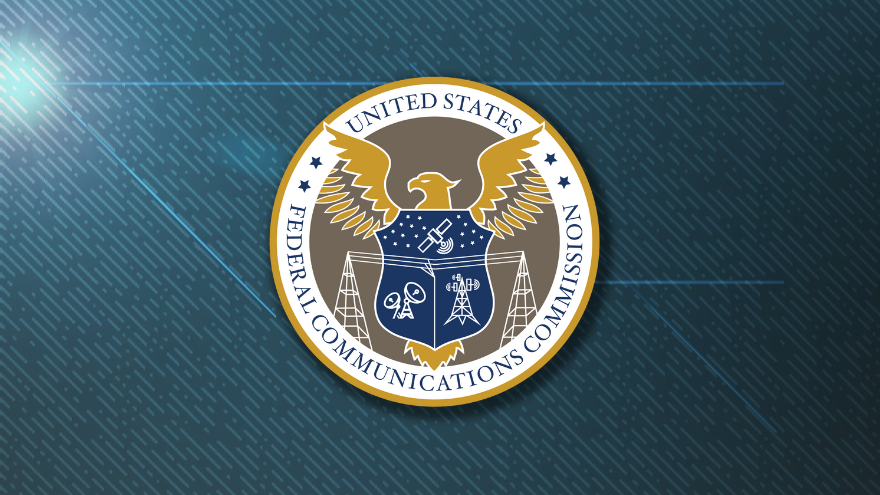The chairwoman of the United States Federal Communications Commission wants to reinstate net neutrality rules that were previously repealed under President Donald Trump.
The rules dictate the ways internet providers can regulate streaming and trafficking speeds to ensure that all internet traffic is treated the same way.
Chair Jessica Rosenworcel is preparing to announce plans to bring back the rules, according to a new report from Bloomberg. The report comes just after Congress approved Anna Gomez as a new commissioner – giving Democrats the majority on the commission’s five-person panel.
The original net neutrality rules were established in 2015 under President Barack Obama. Prior to his election, Obama campaigned on the concept of a free and open internet.
“I am a strong supporter of net neutrality. … What you’ve been seeing is some lobbying that says that the servers and the various portals through which you’re getting information over the Internet should be able to be gatekeepers and to charge different rates to different Web sites,” said Obama on Oct. 29, 2007. “And that I think destroys one of the best things about the Internet—which is that there is this incredible equality there.”
The FCC introduced protections that prevent internet service providers from taking certain actions to limit access to websites or to restrain user activity in May of 2010 and the regulations were passed in December of the same year.
Verizon Communications sued the FCC in January of 2011, arguing the agency had not given itself the authority to implement such rules, and the policies were struck down in January of 2014. The federal communications regulatory body then introduced stronger net neutrality rules in February of 2015 and the rules were subsequently upheld by a federal court in 2016.
Critics of the Obama administration's net neutrality policies objected to the rules as a disguised expansion of the federal government’s authority.
“The current iteration of the net-neutrality debate is not really about an ‘Open Internet’ or free speech or even apple pie; it’s about whether government should be permitted to expand its power and encroach on private actors’ due process protections,” wrote Lawrence J. Spiwak in May 2017 for Real Clear Policy. “At stake, in other words, is whether an administrative agency should be permitted to re-write the law — especially when it does so simply to fit a political agenda.”
In November 2017, the FCC voted to repeal the rules.
The FCC Chairman Ajit Pai, who was appointed by President Trump, told PBS that he supported a free and open internet but that his “concern is with the particular regulations that the FCC adopted.”
“My concern is that, by imposing those heavy-handed economic regulations on Internet service providers big and small, we could end up disincentivizing companies from wanting to build out Internet access to a lot of parts of the country, in low-income, urban and rural areas, for example,” said Pai.
The repeal went into effect in June of 2018. The FCC voted to maintain its repeal of the net neutrality rules in 2020.

